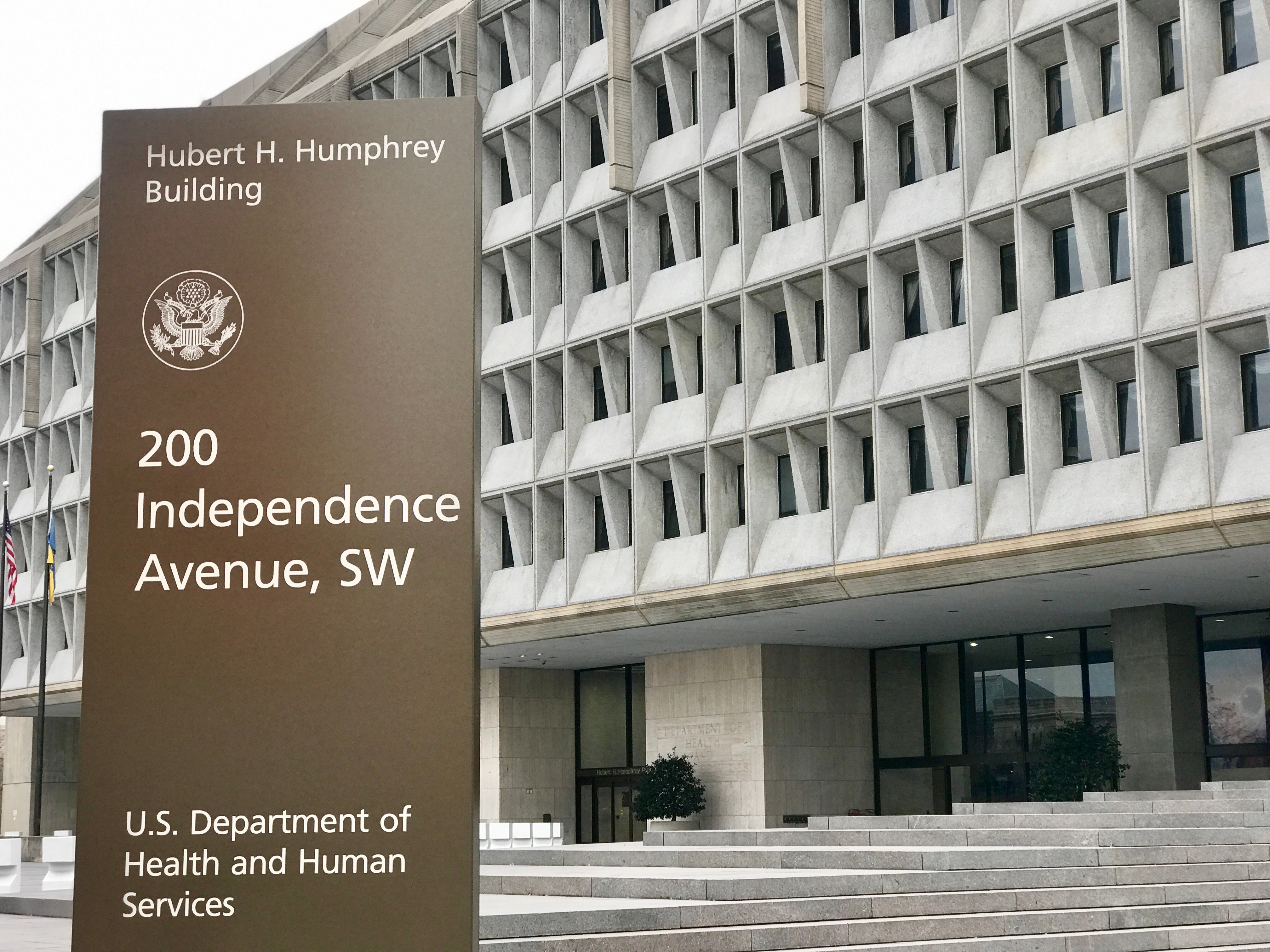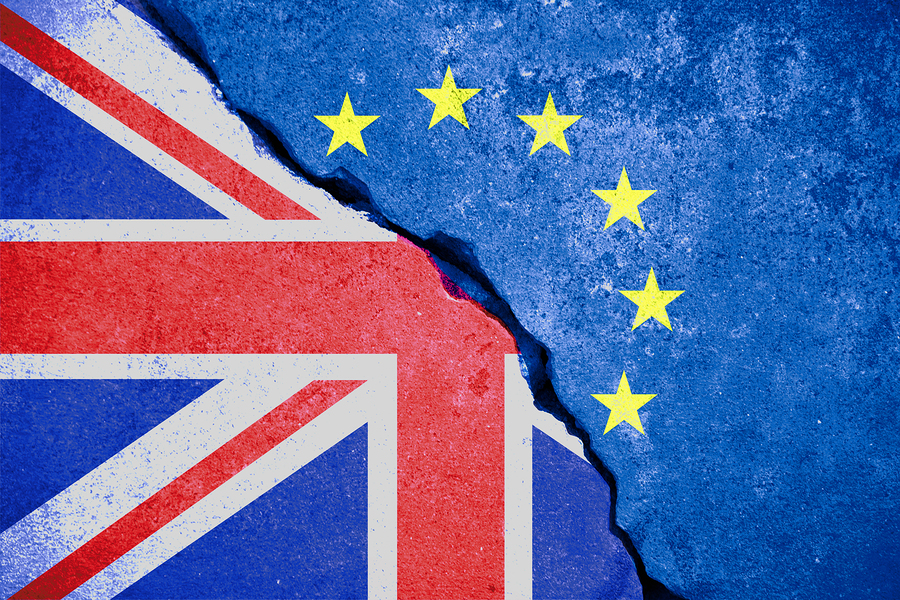Lib Dems promise Digital Bill of Rights if elected
Party vows to protect cyber security and promises prison time for data thieves

The Liberal Democrats want to introduce a Digital Bill of Rights that would see data thieves get prison sentences.
The party would seek to make the bill an Act of Parliament if it comes to power as part of a coalition after May's general election.
Under its Digital Bill of Rights, executives at companies guilty of large scale data theft, or illegally selling personal data to third parties, would get prison sentences.
It would also stop the government from weakening cyber security and encryption measures used by British firms.
This comes after Prime Minister David Cameron suggested he'd ban the use of encrypted messaging services like Whatsapp, a measure the Lib Dems said would be "catastrophic" for British exports.
The party's proposed bill would give more powers to the Information Commissioner's Office (ICO) to levy heavier punishments against government bodies failing to protect user data, after it was discovered that NHS patient records were sold to insurers in February 2014.
Lib Dems leader Nick Clegg said: "The way in which we work, socialise, buy products and use services has changed at lightning speed since the digital revolution.
Sign up today and you will receive a free copy of our Future Focus 2025 report - the leading guidance on AI, cybersecurity and other IT challenges as per 700+ senior executives
"However government and politicians have responded at snail's pace, and failed to ensure the rights of consumers, businesses, journalists and children are protected in the online world.
"Our Digital Rights Bill will finally enshrine into law our rights as citizens of this country to privacy, to stop information about us being abused online, and to protect our right to freedom of speech."
Clegg's bill would protect free speech online, safeguarding journalists and bloggers' ability to air their own views, while any inaccurate or defamatory information would have to be corrected by law.
The party has started a public consultation on the bill ahead of the general election, and if successful plans to introduce it within the first six months of the next Parliament.
-
 What is Microsoft Maia?
What is Microsoft Maia?Explainer Microsoft's in-house chip is planned to a core aspect of Microsoft Copilot and future Azure AI offerings
-
 If Satya Nadella wants us to take AI seriously, let’s forget about mass adoption and start with a return on investment for those already using it
If Satya Nadella wants us to take AI seriously, let’s forget about mass adoption and start with a return on investment for those already using itOpinion If Satya Nadella wants us to take AI seriously, let's start with ROI for businesses
-
 2022 Public Sector Identity Index Report
2022 Public Sector Identity Index ReportWhitepaper UK Report
-
 UK, US condemn Iran for ‘unprecedented’ cyber attack against Albania
UK, US condemn Iran for ‘unprecedented’ cyber attack against AlbaniaNews The Balkan nation has cut ties with Iran following the hack, which took down national infrastructure and exposed government information
-
 Majority of UK's top business leaders are failing to manage supply chain security risks
Majority of UK's top business leaders are failing to manage supply chain security risksNews New findings from a DCMS review have sparked concern in government which could see new laws introduced to protect Britain's digital supply chains
-
 Department of Health and Human Services must improve cyber security info sharing
Department of Health and Human Services must improve cyber security info sharingNews GAO report finds HHS has made progress, but better coordination would increase health care security
-
 NHS gets £21m to boost cyber defences after WannaCry ransomware
NHS gets £21m to boost cyber defences after WannaCry ransomwareNews Government funding comes hand-in-hand with stricter data security measures
-
 Queen's Speech: IT industry reacts to tech pledges
Queen's Speech: IT industry reacts to tech pledgesNews Firms address the Tories' data protection and digital charter aims
-
 Foreign state DDoS attack 'may have crashed Brexit voting site'
Foreign state DDoS attack 'may have crashed Brexit voting site'News Committee warns against cyber interference in aftermath of EU referendum vote
-
 The government needs to abandon its war on WhatsApp
The government needs to abandon its war on WhatsAppOpinion Encryption might seem like an easy target, but mess with it at your peril